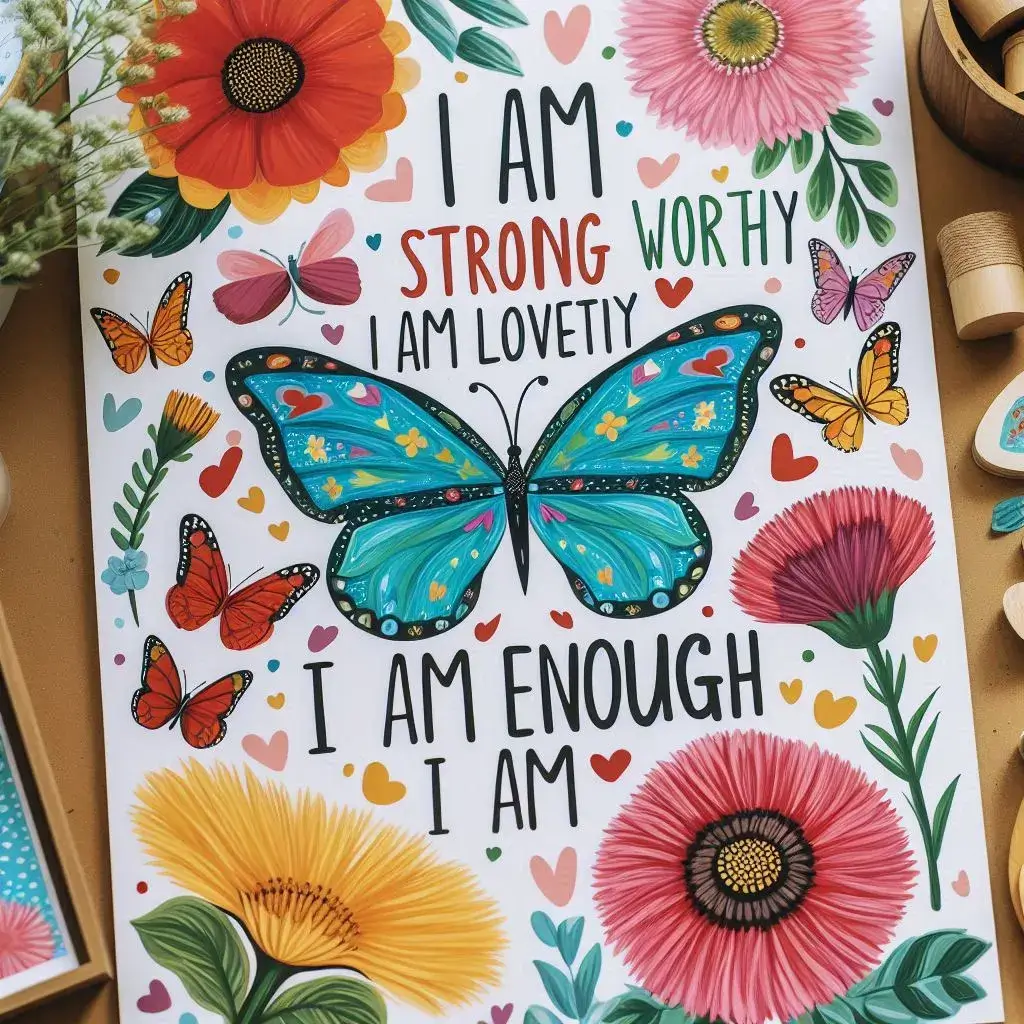Your sense of self is shaped by many different factors, including your ethnicity and culture. The strength of your ethnic identity can impact levels of self-esteem in meaningful ways.
Research has explored the link between feeling secure in one’s ethnic identity and levels of self-esteem. Psychologist Jean Phinney and colleagues studied this relationship in diverse youth populations.
In their 1997 study, Phinney found that Mexican American and Black teens reporting a strong ethnic identity also reported higher self-esteem overall. Identifying positively with their ethnic group served as a protective factor against threats to their self-worth.
Similarly, Spencer and Markstrom-Adams’ 1990 work with Native American adolescents found those with a secure ethnic identity demonstrated increased self-esteem. Their findings highlighted how ethnic identity provides an important source of self-definition that can boost confidence.
On the other hand, individuals experiencing difficulties embracing their ethnicity due to societal prejudice or internalized biases may develop a weaker ethnic identity. Without fully accepting their ethnic background, it is challenging to feel good about oneself. Lacking cultural pride can threaten self-esteem.
Here are a few key points regarding the relationship between strength of ethnic identity and self-esteem:
- Strong ethnic identity provides an internal sense of cultural belongingness and pride in one’s heritage. This acts as a buffer against threats to self-esteem from external sources like prejudice or bias.
- When one’s ethnic identity is central and positive, it gives an anchor for self-definition that is not contingent on validation from others outside the group. This stability supports higher self-esteem.
- Exploring and committing to an ethnic identity allows individuals to embrace fully who they are culturally. This inclusive sense of self is linked to greater self-acceptance and confidence in one’s overall worth.
- A weak or insecure ethnic identity means the self-concept relies more heavily on how one is perceived and treated by dominant groups. This dependence on external approval correlates with vulnerability in self-esteem.
- Internalizing negative societal attitudes toward one’s ethnicity undermines ethnic pride and cultural self-awareness. This makes it more difficult to feel good about oneself on an intrinsic level.
| Dimension | Description |
|---|---|
| Strong Ethnic Identity | Provides cultural belongingness, pride, and intrinsic self-worth. Gives independence from external validation. Allows embracing one’s ethnic self fully. Acts as a buffer against threats to self-esteem. |
| Weak Ethnic Identity | Relies on approval from others for self-definition. Undermines cultural pride and intrinsic value. Makes self-worth contingent on outside perceptions. Vulnerable to impacts on self-esteem from prejudice. |
| Self-Concept | Strong identity provides stability across contexts. Weak identity leads to situation-specific, fragile sense of self dependent on external factors. |
| Identity Exploration | Strong identity facilitates experimenting freely without fear of rejection. Weak identity deters exploration due to lack of cultural anchor and self-doubt. |
| Mental Health Impact | Strong identity safeguards well-being by protecting self-esteem. Weak identity threatens well-being by correlating with vulnerability in self-worth. |
| Research Summary | Consistently shows a positive link between ethnic identity strength and self-esteem levels, especially beneficial for adolescent development and resilience. Fostering cultural pride appears to empower youth. |
When immigrant parents maintain strong feelings of ethnic identity that their children don t share?
There are a few potential reasons why immigrant parents may maintain strong feelings of ethnic identity that their children do not share:
- Generational differences – Parents are directly connected to the culture and traditions of their home country, having been immersed in it for longer. Children may feel more disconnected, especially if born in the new country.
- Differing experiences of acculturation – Parents navigate retaining their own identity while adjusting to a new society. Children acculturate more rapidly through school and peers, potentially distancing from original culture.
- Language barriers – Children become fluent in the new country’s language faster through immersion. This can weaken bonds to parents’ native tongue and culture over time.
- Peer influence – As children interact more with mainstream culture through school/friends, they face pressure to conform that parents do not. This may cause them to downplay aspects of ethnic identity.
- Desire for belonging – Identifying less with parents’ culture could be a way for children to fit in with peers and feel accepted by the dominant society they are growing up in.
- Generational value changes – Cultural traditions, behaviors and even ideologies can evolve as cultures blend between generations through globalization and modernization.



